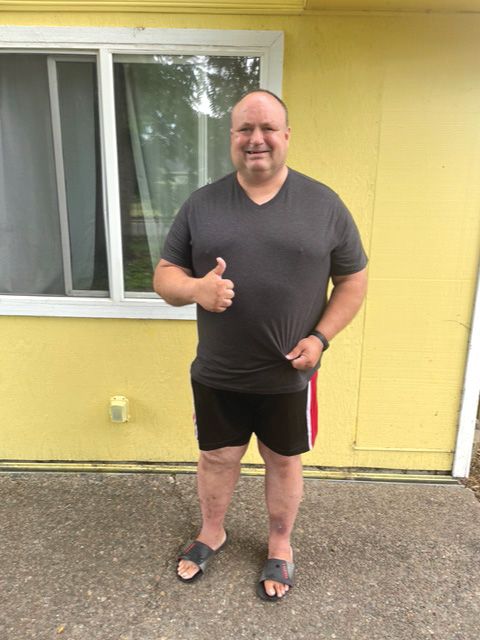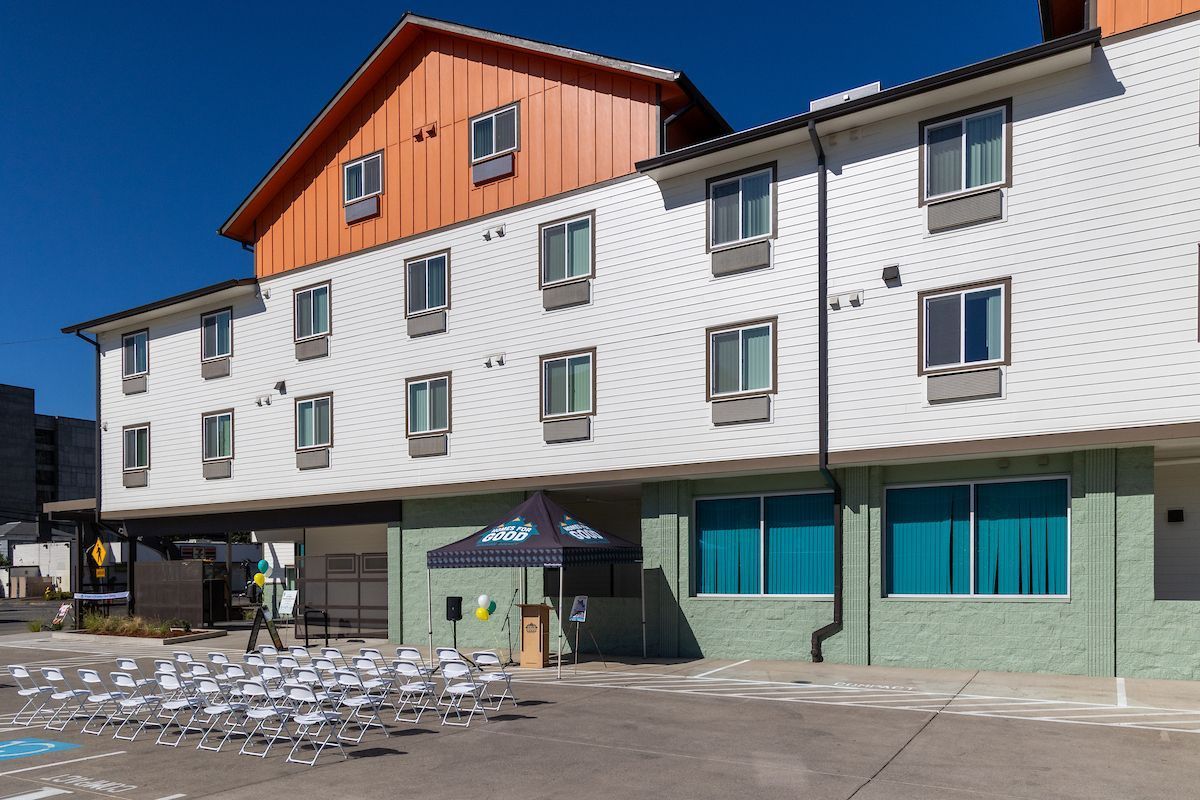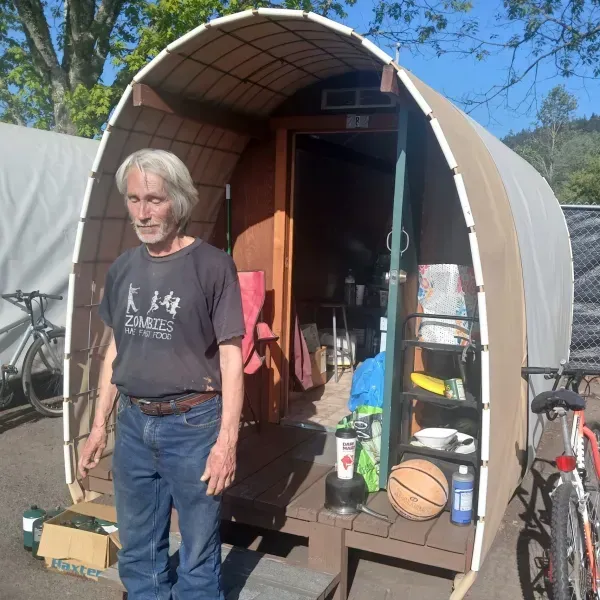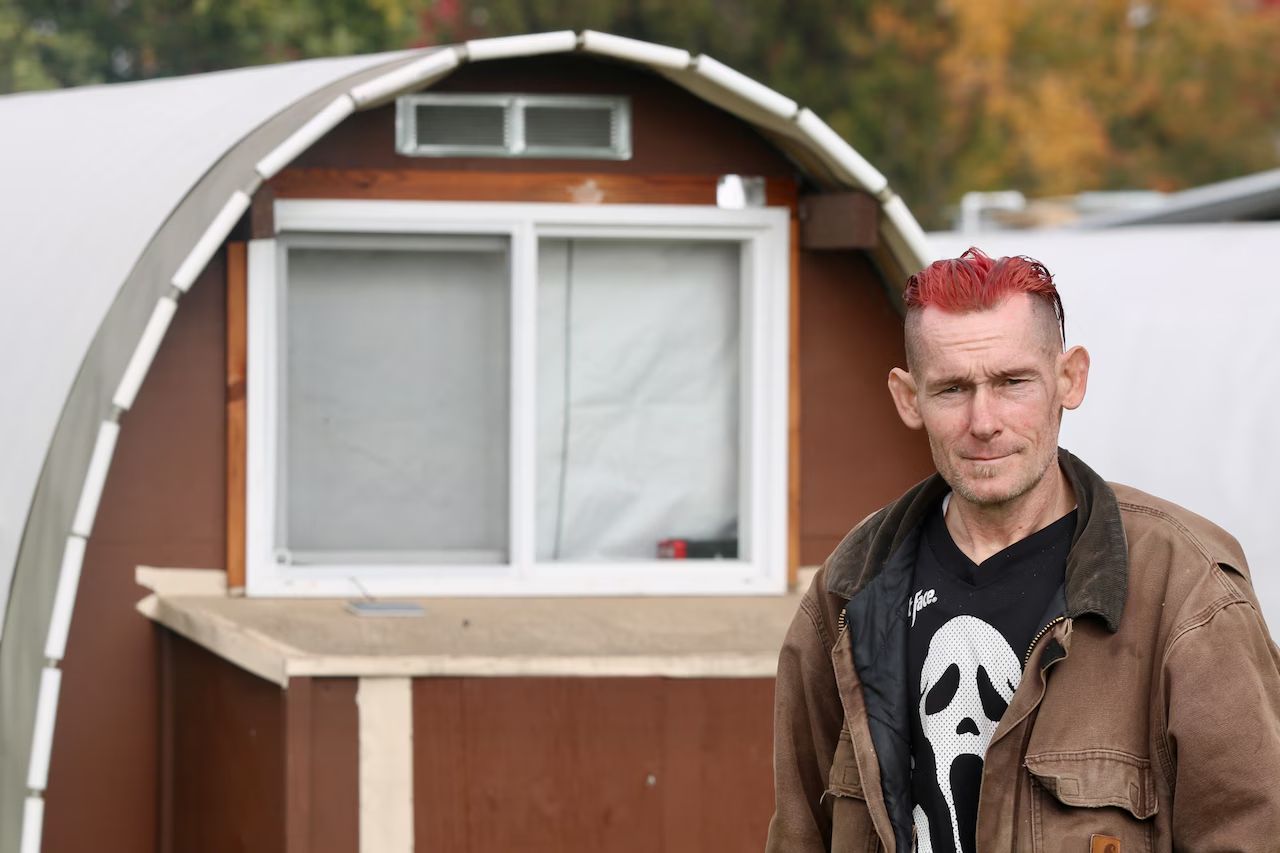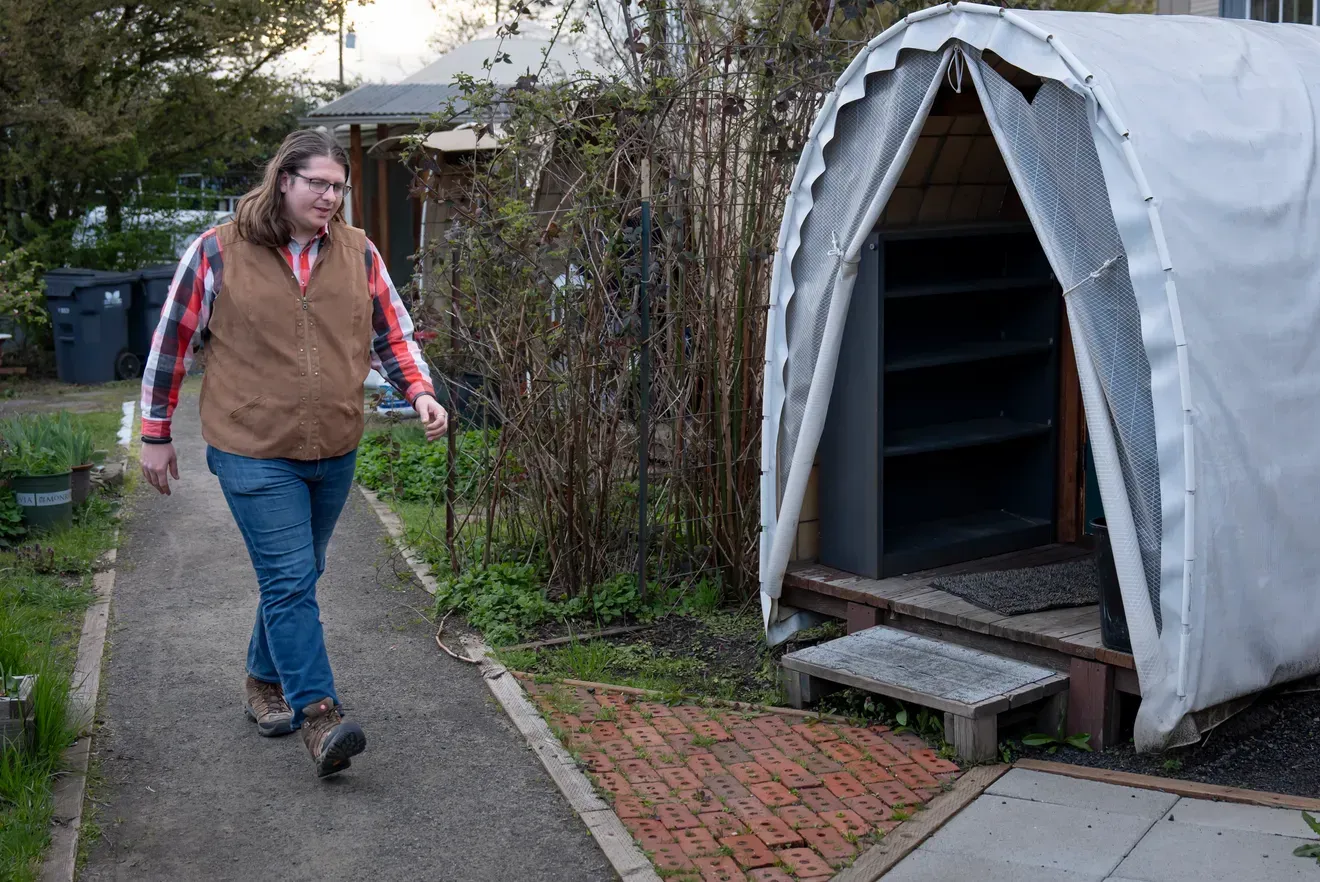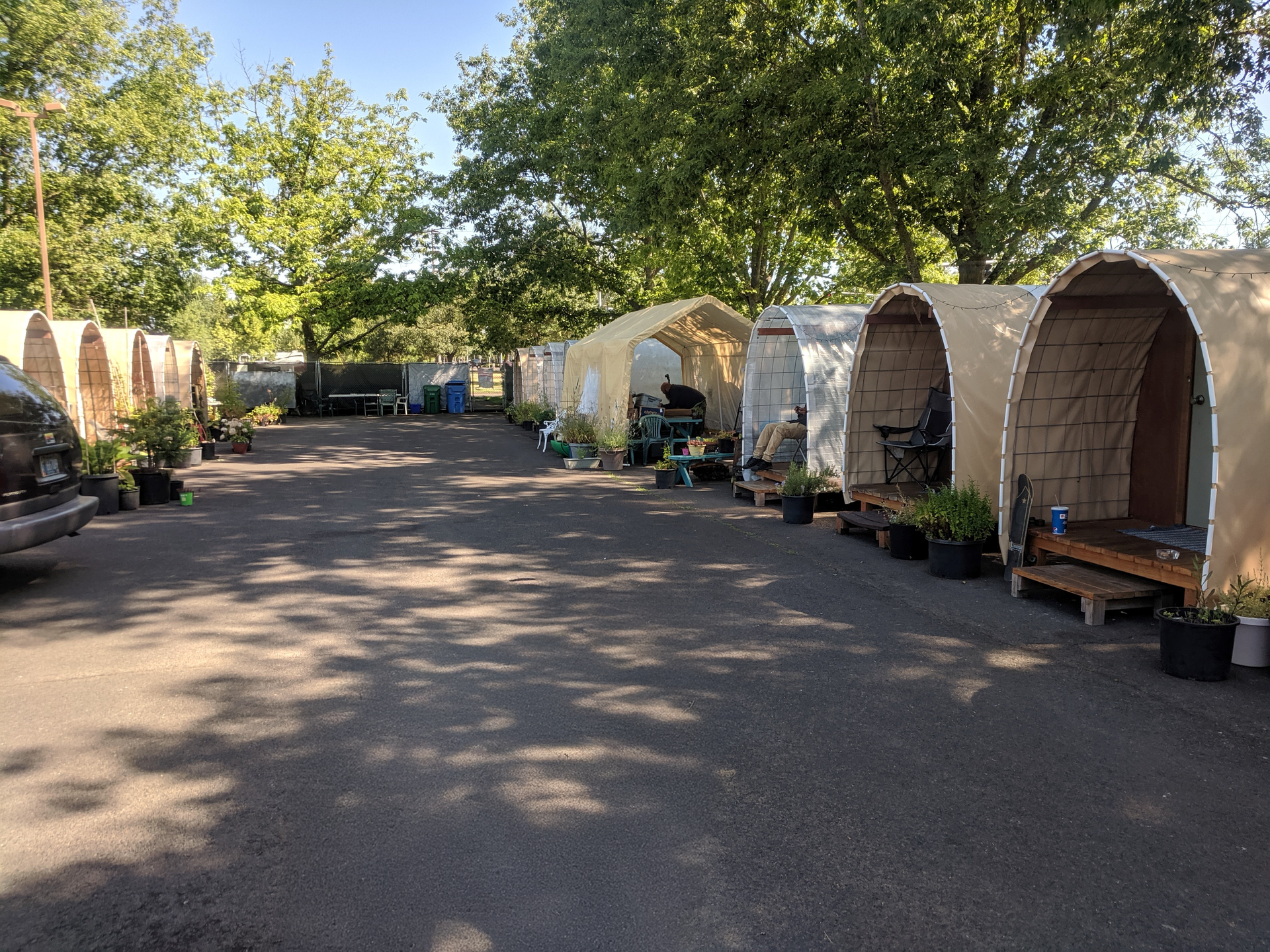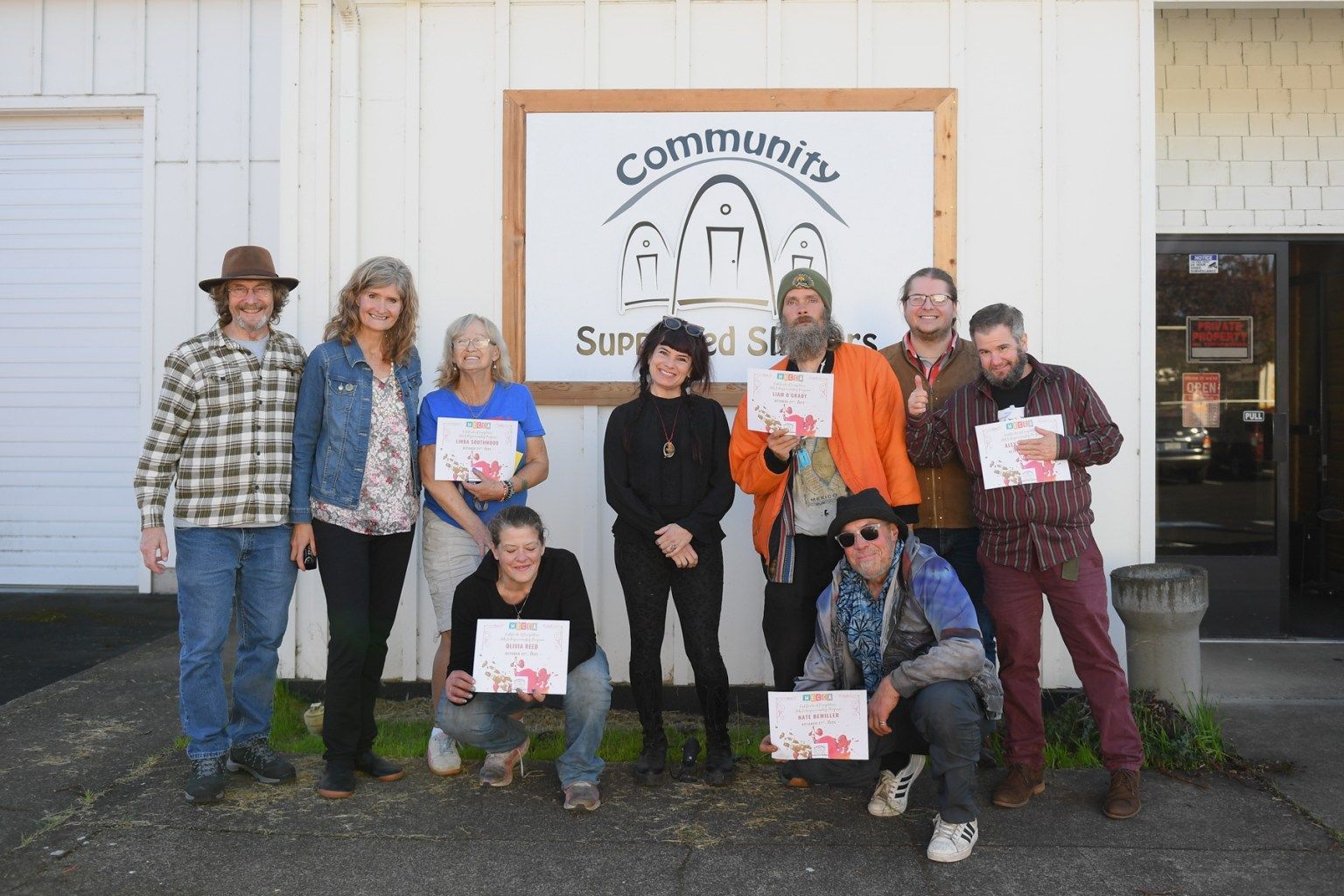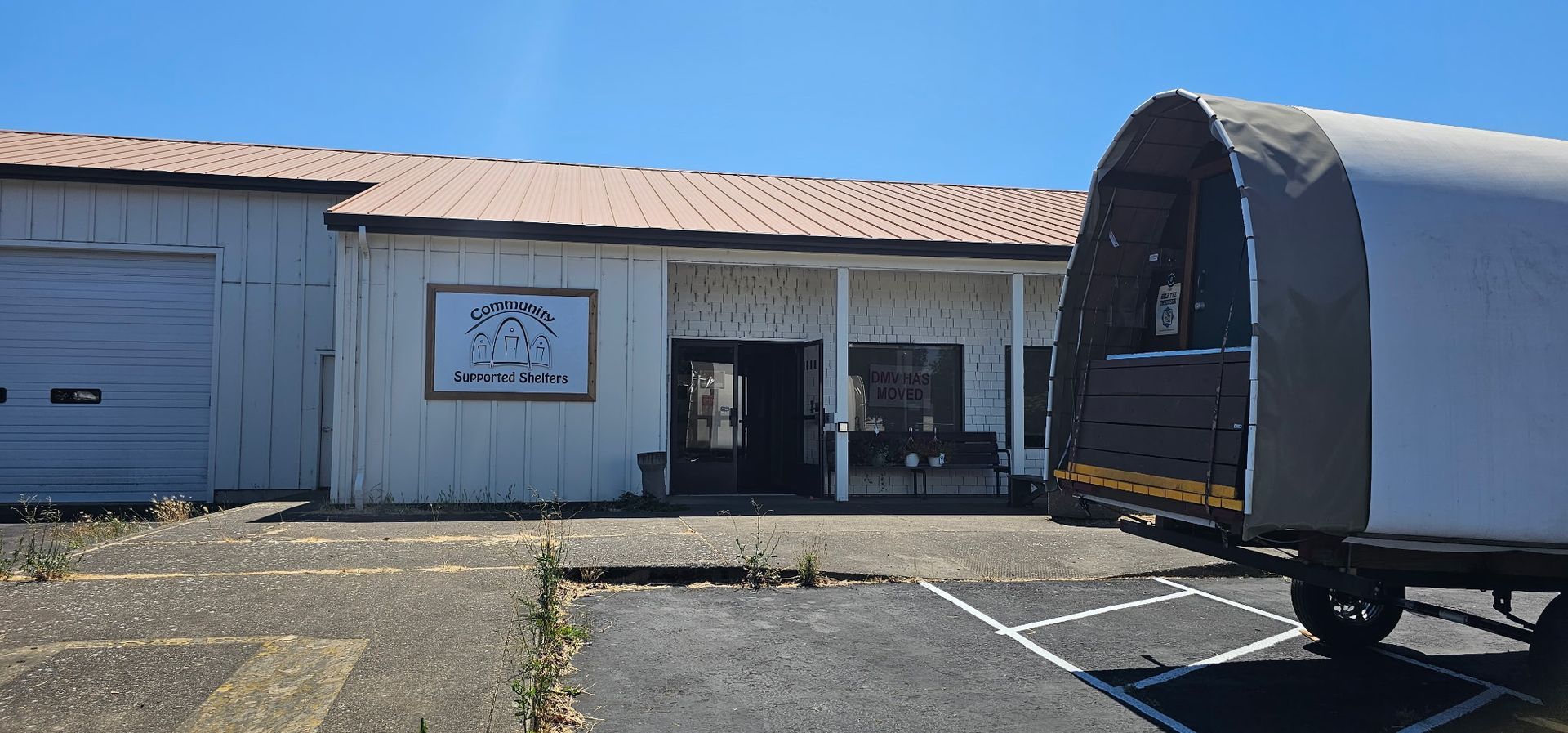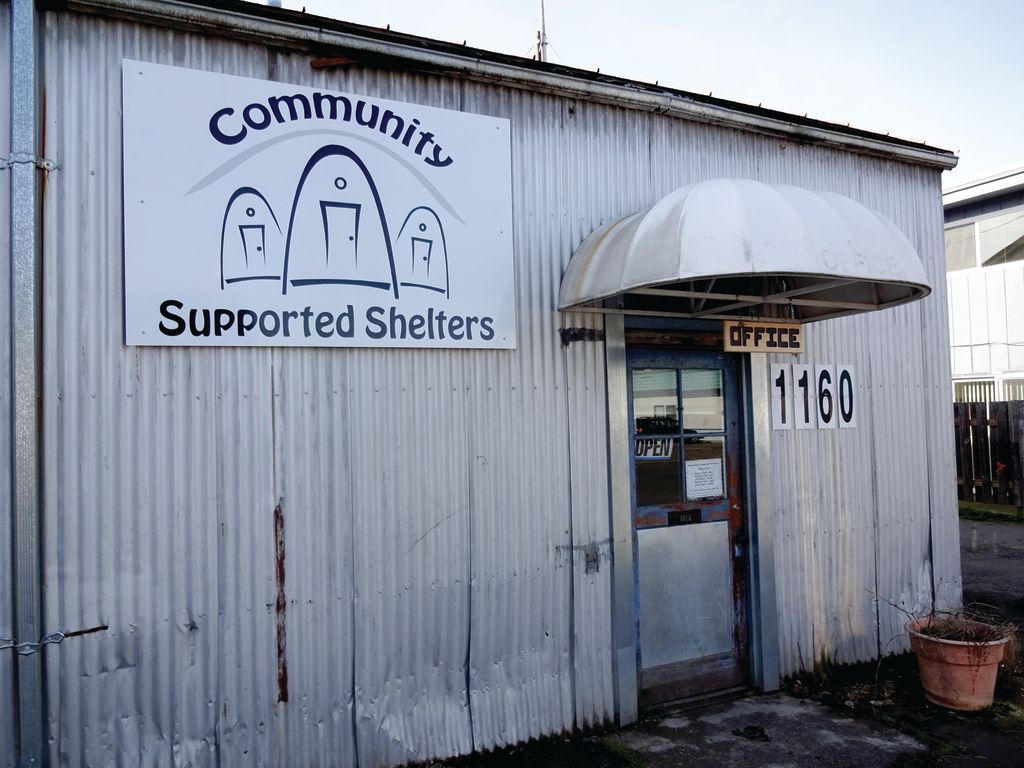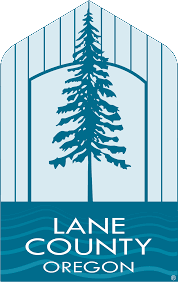Chris Teasdale: Being A Neighbor
July 20, 2023 - By Guy Maynard
Of his time living on the streets, he says, “Being on the outside, you’re always in a state of flight. It was very difficult to stay there, but I could do it.” The awning he slept under was on private property but he got along with the owner most of the time. Sometimes things involving other unhoused people in the neighborhood upset the owner, and things got strained between them. But Chris attributes that to, “Sometimes you catch people on a bad day, and I think that’s what that was.”
The police left him alone, he says, except sometimes in the winter when it was raining and he was told he couldn’t sleep under an awning. They told him to move on even though it was difficult to find a dry place to sleep. “It’s like there’s a breaking point,” he says. “It’s too much to take in the rain.” But he was never fined and still finds kind words to say about the police. “They’re pretty nice, the Eugene police, they really are.”
Chris’s last period of sleeping on the streets was further complicated when he lost his ID card that gave him access to his disability benefits. Because his expenses were low (“I don’t drink. I don’t smoke.”) and he got food boxes at Catholic Community Services, he decided to try to make it without that income. And he did, with a lot of help from people who saw him as a neighbor. A friend he made at Fred Meyer, Sharon Purdy, gave him one or two gift cards a month and was someone he could talk to. A barber at Fred Meyer gave him the occasional free haircut. Sometimes, he would pull weeds along the EMX bus-line tracks and people would stop and give him a $20 bill.
Sharon, from Fred Meyer, says she saw Chris often around the store: “I saw him come into the store a couple of times, and I thought he just seems like a good man.” They met when she was eating lunch outside the store one day. “I just wondered what his life was about, and I had some extra lunch, and I offered him some.” She says she found him to be, “very kind; very, very, very genuine; and very humble.” A friendship was born, and a string of kindnesses from Sharon to Chris included buying him a weeding tool with a long handle so he didn’t have to bend over as much, offering him Christmas dinner, and inviting him to attend Mass with her family. “It was out of the ordinary for me,” Sharon says of her reaching out to Chris. “I just think little snippets were given to me to pay attention to. It was just put in me to kind of watch out for him.”
In the Good Samaritan story, a traveler in ancient Israel was set upon by robbers and left along the road half-dead. Two religious men saw him and ignored him. Then the Samaritan, coming from a religious tradition looked down upon by the religion of the wounded man, saw the injured man, stopped, and “had compassion.” He helped treat his wounds, took him to an inn, and paid for his room, telling the innkeeper to take care of him and that he would cover any expenses.
The Bible says that Jesus asked the people he was speaking to, “Who of these three are neighbor to the man who fell among the robbers?”
“The one who showed mercy,” they replied. “Go and do likewise,” Jesus told them.
“It reminds me so much of [my story],” Chris says. “When they paid for his way at the end, it reminds me so much of CSS because I found my way off the street.” Chris was also aware of his role as a neighbor to others in his community. “When I was out there homeless, I was out there pulling weeds when I could. And just trying to do the best I could.”
The people who take to the other side of the road when they see the unhoused don’t acknowledge them as neighbors. “Sometimes there’s a stigma on the poor or the homeless,” he says, but that perception is wrong because often the circumstances that cause people to become unhoused “just grab you,” like the Biblical robbers grabbed the man who was aided by the Samaritan.
Hearing about the restrictions of Eugene’s new camping ordinance, Chis says, “They seem excessive.” The increase in fines for illegal “camping” from $250 to $500 will mean “they will have to build new jails,” he says. The only real answer to the crisis in Eugene is the availability of more inside beds for the unhoused and especially in low-barrier shelters, he adds.
As for how the housed should relate to the unhoused who they encounter on the street or in the parks, Chris goes back to his Bible: “Do unto others as you would have them do unto you.” Or, as in the lesson from the Good Samaritan story: Be a neighbor to them.


